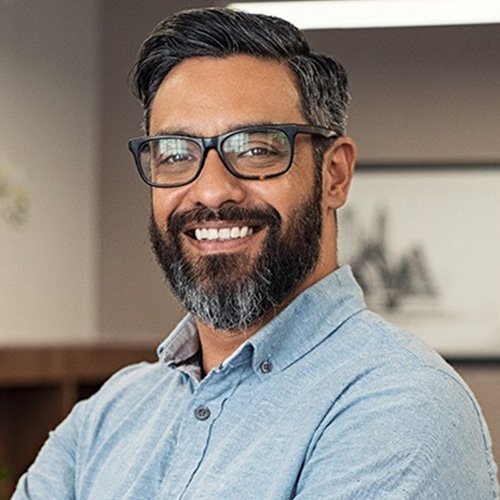Social media is an important component of many people’s everyday lives. You’re not alone if you grab your phone first thing in the morning to check for the newest Twitter developments.
In the United States, almost 72 percent of people utilize at least one social media platform. More than 223 million people are checking their social media feeds at any given time.
Many things influence how you respond to social media. If you have a mental health problem, such as an anxiety disorder, social media use could exacerbate your symptoms.
In general, if you suffer from social anxiety, some features of social media may be beneficial to you. However, it’s more possible that some of your symptoms will worsen.
It’s difficult to say whether or not social networking is good to persons who suffer from social anxiety. The answer is contingent on a number of things, including how you use those channels of communication, their importance in your life, and your proclivity for addiction. 1
For persons with social anxiety, some of the benefits and drawbacks of social media are the same as for those without the disease.
What’s social anxiety?
The second most frequent anxiety disorder is social anxiety disorder. At some point, it affects about 12.1 percent of adults in the United States, according to Trusted Source.
You may have chronic anxieties about being in social situations if you have social anxiety disorder. You can also be continually concerned that others will judge you or pay attention to you at all times.
These worries can have an impact on how you interact with others and function in the world.
The DSM-IV-TR is the Diagnostic and Statistical Manual of Mental Disorders (DSM-IV-TR). The criteria for diagnosing social anxiety disorder are outlined in the Fifth Edition (DSM-5), a reference guide used by many mental health professionals.
Symptoms of social anxiety must be present for at least 6 months and include the following:
- Significant apprehension or anxiety about social situations
- avoiding social settings or experiencing great fear and anxiety when confronted with them
- Fear or worry is out of proportion to the potential threat posed by the scenario.
- severe distress or impairment in the domains of work, social life, and cognition
Symptoms of social anxiety disorder can affect both children and adults. This is a condition that can only be diagnosed by a mental health professional.
Research Finding
Recently, a broader meta-analysis of studies on social networking sites and mental illness was undertaken. The influence of social media use on persons with mental diseases was varied, according to the researchers, and the quality of social media connections was a critical element.
More study based on real-time data is required (people reporting on their actual social networking behavior over a period of time). Until then, there are a number of things you can do to make your social media usage more beneficial to your life.
- Keep the tone of anything you post or comment on in mind. Negativity and complaints are less likely to encourage others to interact with you than staying happy and open.
- Time spent online should be balanced with time spent making real-world connections. Alternatively, you can use the time you spend online to organize events in the real world.
- Practice mindfulness to become more aware of your surroundings and avoid letting social media consume your entire day.
- Join meeting groups or create your own with others who share your interests or hobbies. This is especially useful if you have a small social circle in real life and wish to expand your network through social networking.
- Keep in mind that not everything you find on the internet is 100 percent accurate. What you see on social media platforms isn’t always a true reflection of the lives of the people you know. Try not to compare or think about what others have that you don’t. Some people only share the positive, while others may only share the negative.
- Use social media accounts to learn more about people before meeting them and making friends with them. Simultaneously, don’t obsess on it or devote too much time to it, or it will backfire.
- Avoid being a social networking site’s passive user. Spending hours scrolling through other people’s postings without saying anything about yourself is a waste of time.
- Seek professional help before worsening of your mental health state. If you’ve tried everything above and still don’t feel better, it’s time to seek expert assistance.
A counselor will not only assist you in making sense of what you’re going through, but will also assist you in developing your emotional toolkit so that you can recover more quickly. There is no such thing as a small or foolish cause for people to seek advice from a therapist.
I won’t compromise on your well-being, therefore, introducing you to the best to go site you can rely on. “Naqqe”, a platform where you have the facility to seek help through immediate video connection to qualified counselors and therapist worldwide based on your language preferences, gender, faith and culture and of course to a professional that specializes in your field based on what you are experiencing. This platform is giving you the access to get connected and start talking to a therapist matched to your needs within 3 minutes. No more waiting, no more hours and days researching and no more silencing your pain.




